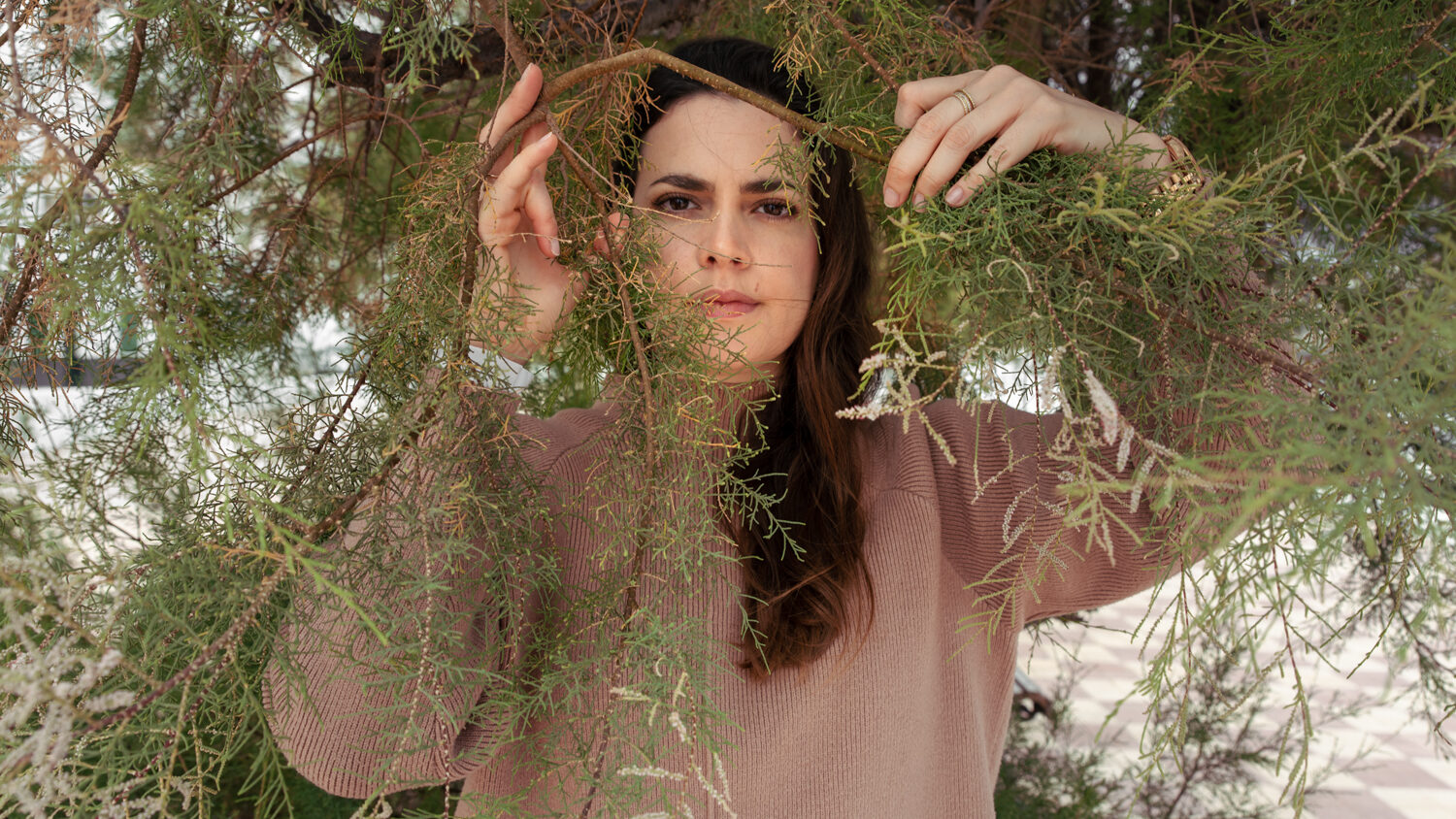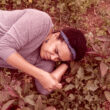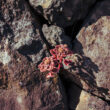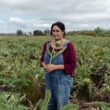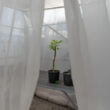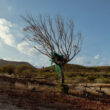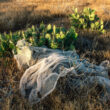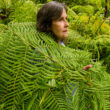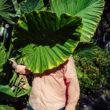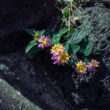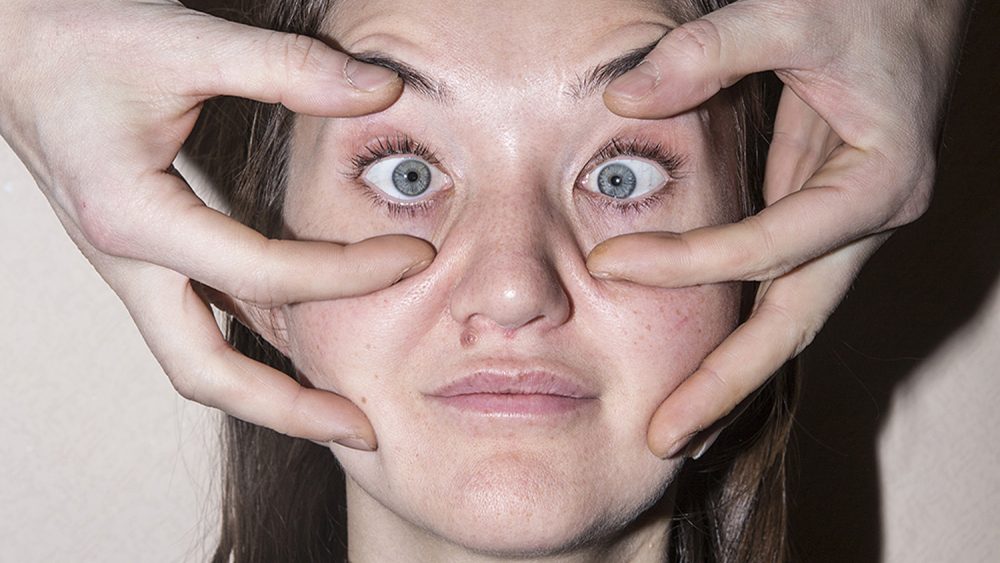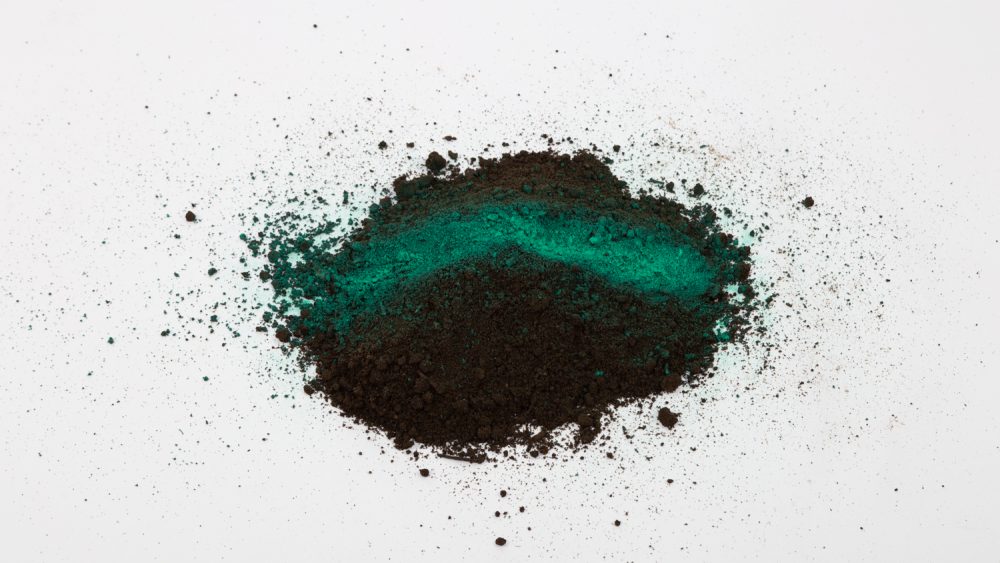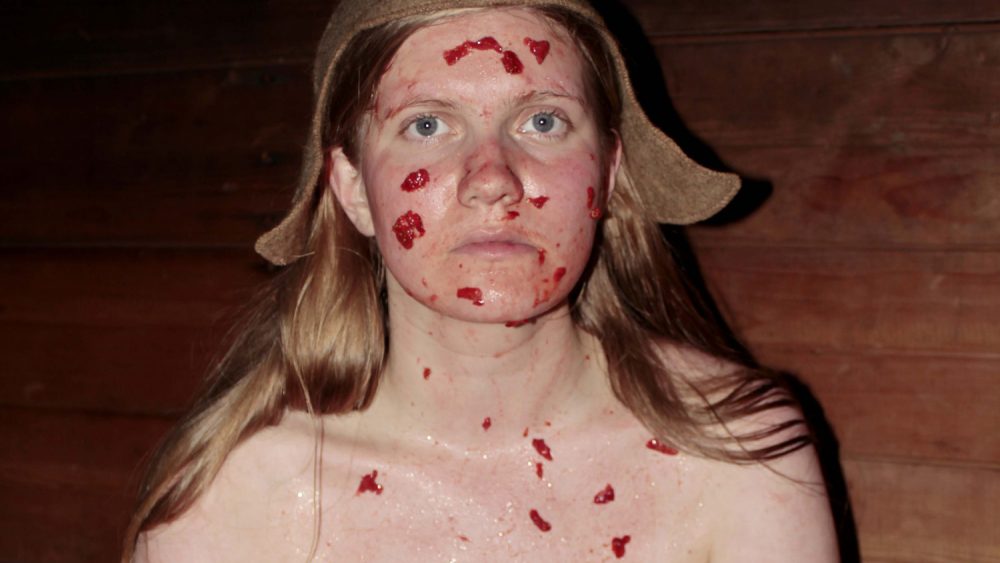Jardín de Naturalización
It is an artistic research project on the naturalisation of immigrants in Spain, or how the natural sciences can define a national identity.
People who come from former Spanish colonies represent a significant number of naturalised citizens in Spain. But they are not always considered an integral part of Spanish culture, like tomatoes or potatoes. People with a background of migration are often depicted as ‘invasive plants’. I am using photography and research to deconstruct these stereotypes.
In law, naturalisation describes the process of becoming a citizen of another country. It is an assessment of whether a foreigner is integrated into the receiving society, meeting the requirements to be recognised as a citizen with the same rights as native inhabitants.
Naturalisation is also a concept used in the natural sciences, referring to the process of introducing exotic species into a new environment. In nature, naturalisation can occur accidentally, but it is usually a process controlled by humans pursuing the benefits of introducing new species.
Spain has a long tradition of acclimatising exotic species with high commercial value. From colonial times to today, the country has played an essential role in growing fruit and vegetables in Europe. Spain has also become one of the leading ‘gardens of naturalisation’ for foreigners in the EU.
Between 2010 and 2019, 1,285,656 people acquired Spanish citizenship (according to Eurostat). There is little known about these ‘new’ Spaniards. Some have strong historical links with Spain (e.g. Latino Americans and Moroccans) and others do not (e.g. Eastern Europeans). Unlike France or the UK, Spain has not yet offered them the opportunity to play an important part in public life.
Until recently, Spain was not considered a country of immigration. It has a scarce visual account of people who have moved to the country. I want to address this gap through my photography project, which documents people whose relationship with Spain is based on a personal decision.
This interdisciplinary project also aims to broaden the definition of Spanish identity, which has been a recurrent element in Spanish photography. However, the search for roots is often limited to folklore, religion or literature.
The project is supported through a Mead Fellowship Award, granted by University of the Arts London.
Masha Wysocka (1984) is a visual artist based between Brussels (Belgium) and Barcelona (Spain). She holds an MA in photojournalism and documentary photography from London College of Communication (University of the Arts London). She graduated from Institute of Political Science in France.
